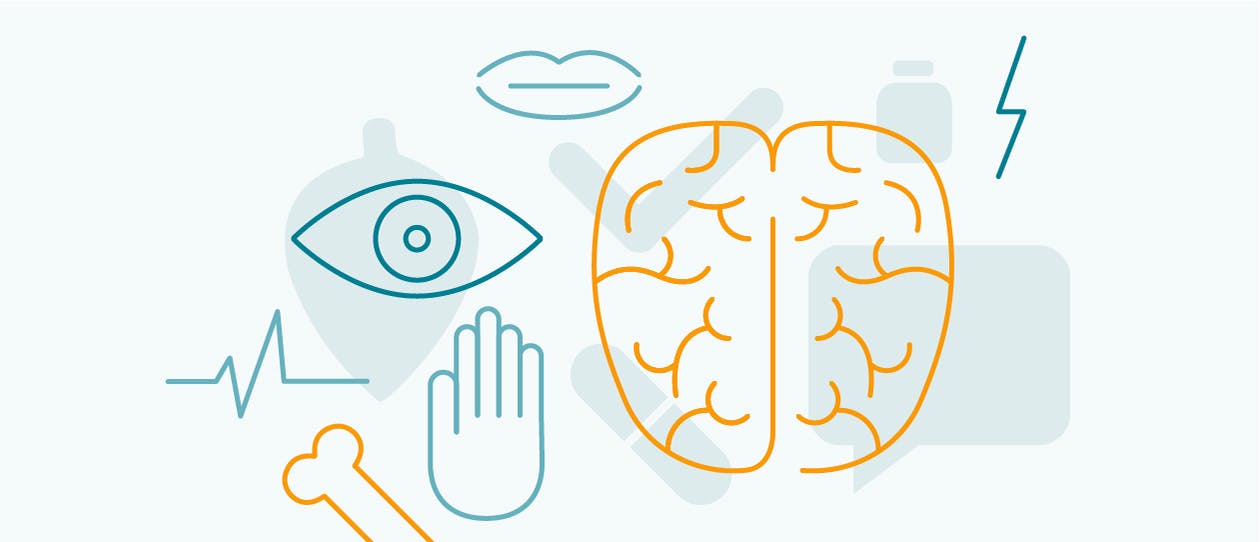
- Health hub/
- Tips & Advice on Improving your Everyday Health/
- Kidney Stones: Everything you Need to Know


- Kidney stones are often asymptomatic, but can also be one of the most painful of ailments.
- The pain may be intermittent, and tends to occur in the back just below the ribs on one side radiating to the front of the body on the same side, and sometimes to the groin.
- Nausea and vomiting may occur
- Urine may be bloody or cloudy
- Gravel (small stones) may be visible in the toilet bowl after urination
- Urinary urgency
- Fever, excessive sweating and cold shivers suggest the presence of an infection, which is a common complication of kidney stones. Other complications can include kidney damage and kidney failure.
If the urinary volume is low, and/or if the urine is more concentrated than is desirable, minerals and other substances in the urine may crystallise in the kidneys, and in time aggregate to form a stone.
The vast majority of kidney stones are comprised of calcium oxalate or calcium phosphate. Uric acid, struvite and cystine stones are less common.
Factors that contribute to the formation of kidney stones may include:
- Low fluid consumption, causing the urine to become more concentrated and increasing the likelihood of crystals forming
- High levels of calcium, phosphate, oxalate or uric acid in the urine
- Low levels of chemicals called stone inhibitors in the urine
- Parathyroid gland overactivity
- A personal or family history of kidney stones
- Chronic or recurrent urinary infections
- The use of certain medications
- Obesity
- Structural or metabolic abnormalities in the kidneys or elsewhere in the urinary tract
Consuming a diet that is low in fibre, or contains excessive quantities of refined carbohydrates, animal protein, alcohol, or fats may increase the risk of developing calcium-containing kidney stones.
Other dietary factors may include consuming excessive amounts of oxalates, soft drinks (especially cola), alcohol (especially beer), caffeine, salt, or vitamin D. Low levels of magnesium (especially in relation to calcium), potassium or vitamin B6 may also be a factor. Either excessive and inadequate consumption of calcium may contribute to the formation of kidney stones.
Eating large quantities of fruit and vegetables appears to convey a degree of protection, as does being vegetarian.
- Kidney stones require medical treatment, and in many cases can be resolved without surgery. Always consult your healthcare professional before changing your diet or lifestyle.
- Increase your consumption of water in order to keep your urine dilute and help prevent concentrations of the minerals and salts that form stones. You may need to drink up to three litres of water throughout the day and evening. Citrus or cranberry juice may also be beneficial.
- Avoid sugar, soft drinks, alcohol (especially beer), caffeine, and salt.
- Some sufferers may benefit from becoming vegetarian.
- Eat a diet high in fibre and complex carbohydrates that includes large quantities of fresh fruit and vegetables. However, avoid foods high in oxalic acid, which include beetroot and beet leaves, spinach and silver beet, celery, eggplant, green beans, green capsicum, figs, kiwifruit, rhubarb, wheat products (including whole grain varieties), oatmeal, chickpeas, lentils, soy products, nuts, seeds, beer, chocolate and tea.
- Uric acid stone formers may benefit from avoiding foods high in purines, which contribute to the body's production of uric acid. These include: organ meats (e.g. liver, kidneys, brains, heart, pate, lambs fry), sardines and anchovies.
- Seek immediate medical attention if you are suffering from symptoms of kidney stones or infection.




